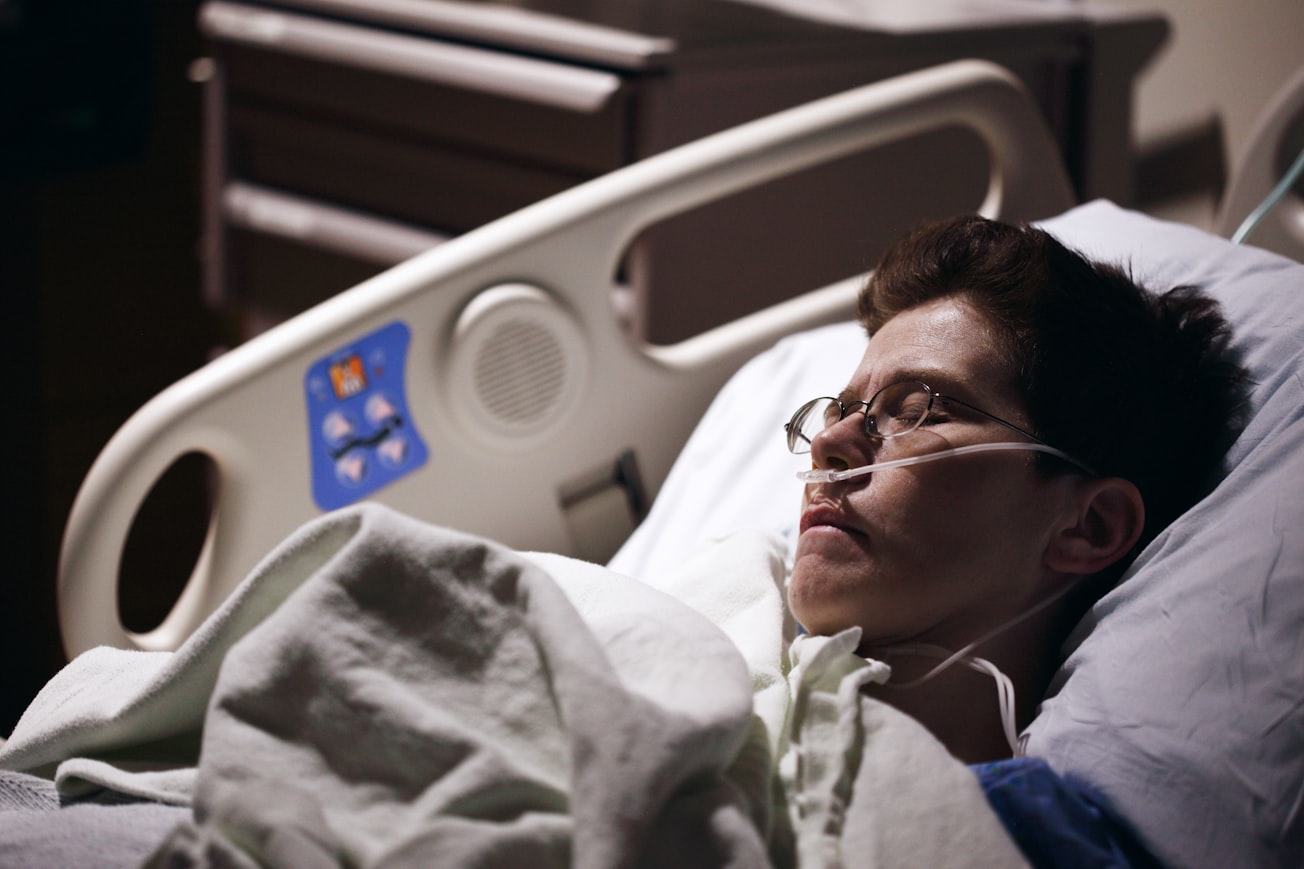What is it about?
This study used hospital patient and staff records to understand the risks for patients in general wards of acute hospitals as nurse staffing levels vary day by day. Looking at nearly 140,000 people who spent one or more days in an English hospital over three years, we measured the daily level of nurse staffing on the wards they spent time on. We found that for each additional hour of registered nursing care per day the risk of death was decreased by 3%. While low staffing from assistants was also linked to increased risk of death, unusually high assistant staffing was also associated with higher risks. Days with a high number of admissions per registered nurse were also linked to increased risk of death.
Featured Image

Photo by Sharon McCutcheon on Unsplash
Why is it important?
Because this study links daily nurse staffing to subsequent risk of death, it is possible that the risk is caused by low staffing. Patients benefit from higher registered nurse staffing but not from higher levels of assistants. These findings reinforce the importance of training enough registered nurses.
Perspectives
In the face of registered nurse shortages, there is a lot of interest in using other staff groups to deliver nursing care. This research does show that providing assistants is important, but such assistants can't replace registered nurses. Registered nurses are essential for maintaining safety in hospital care.
Prof Peter Griffiths
University of Southampton
Read the Original
This page is a summary of: Nurse staffing, nursing assistants and hospital mortality: retrospective longitudinal cohort study, BMJ Quality & Safety, December 2018, BMJ,
DOI: 10.1136/bmjqs-2018-008043.
You can read the full text:
Contributors
The following have contributed to this page







